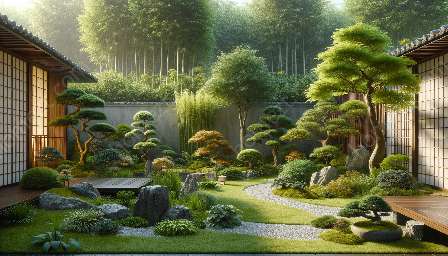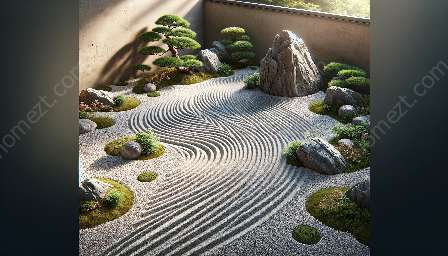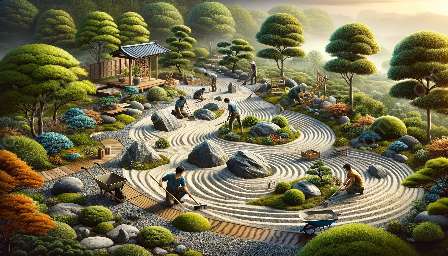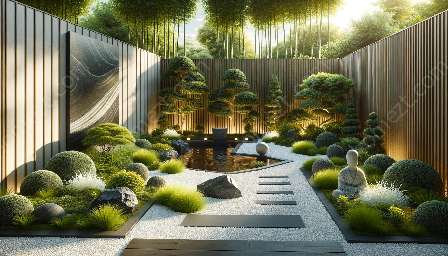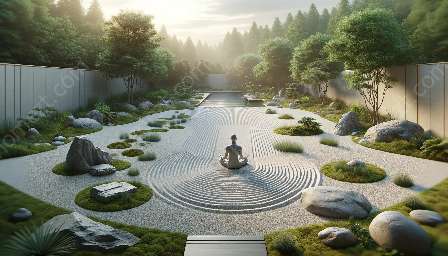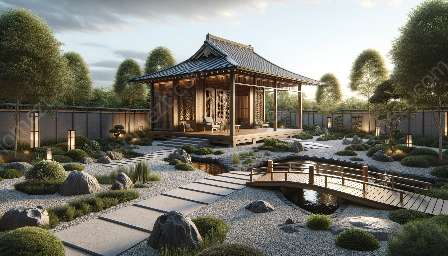Zen gardens, also known as Japanese rock gardens or dry landscape gardens, are designed to create a serene and meditative atmosphere. The use of plants and trees in these gardens is carefully curated to reflect the essence of nature and the principles of Zen philosophy.
Plants and Trees in Zen Gardens: Symbolism and Tranquility
In Zen gardens, every element is thoughtfully chosen to convey meaning and create a harmonious environment. Plants and trees play a vital role in this symbolism, representing different aspects of nature and life. For example, pine trees are often included in Zen gardens because they symbolize endurance, resilience, and longevity. Bamboo, with its graceful and flexible nature, represents the strength and adaptability required to withstand the challenges of life.
Landscaping with Purpose: Creating Balance and Harmony
The arrangement of plants and trees in Zen gardens is done with meticulous attention to detail. The goal is to achieve a sense of balance and tranquility. Often, the use of moss, ferns, and small shrubs is favored over large, colorful blooms. This minimalist approach allows for a sense of stillness and simplicity, emphasizing the beauty of the natural world.
Design Principles and Techniques
The design of Zen gardens incorporates specific techniques to evoke a feeling of harmony and contemplation. One common technique is the use of raked gravel or sand to represent water, symbolizing fluidity and change. Plants and trees are strategically placed to complement this fluid landscape, creating a visual and spiritual balance.
Care and Maintenance
Keeping the plants and trees in a Zen garden requires a deep understanding of their natural growth patterns and habits. Pruning and shaping are essential to maintain the desired aesthetic and represent the cycles of life and nature. Seasonal changes are also embraced, allowing the garden to evolve and reflect the passage of time.
Conclusion
The inclusion of plants and trees in Zen gardens is a profound expression of the connection between humanity and nature. Through intentional design and thoughtful cultivation, these elements contribute to the immersive, meditative experience that defines the essence of Zen gardens.





